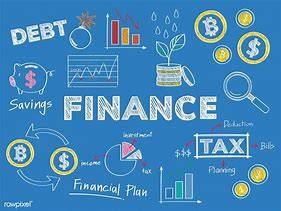Saving or investing. Both are very important in establishing financial stability, but they are two very different things used for two very different times in one's life. But which one deserves more of your focus? Let's compare and contrast the advantages and disadvantages of each, and hopefully you will be able to make a decision.
The Case for Saving
Saving money is often considered the safest route when planning for the future. Typically this means putting a certain percentage of your income into very low-risk, very liquid accounts such as savings accounts, certificates of deposit (CDs), or money market accounts. Savings are your security—money that you can count on for emergencies or perhaps shorter-term goals, such as a down payment on a car, the money for a vacation, or just unexpected expenses.
The biggest advantage of saving is its liquidity. You can get to your money when you want it without the risk of losing a lot. However, this safety comes at a cost. Savings accounts have really low interest rates, so your money just sits there and grows ever so slowly, just enough to keep up with inflation. After a while, this devalues your savings.
The Power of Investing
Investing, on the other hand, involves putting your money into assets like stocks, bonds, mutual funds, or real estate in hopes of generating a higher return. But with investing, you can lose money in the short run because of market volatility. However, with greater risk comes the potential for greater reward.
Investing is typically best suited for long-term goals, such as retirement or funding a child's education. Over time, the stock market has historically outperformed savings accounts, meaning your investments could grow significantly if you're patient and can ride out market fluctuations. Compound interest is a big factor in this because your returns can accumulate more returns as time goes on.
Which One Should You Focus On?
The answer isn't an either-or decision. Saving and investing both have their roles in your financial plan. If you're just starting out or have short-term goals, it makes sense to prioritize building an emergency fund by saving. Financial experts often recommend having 3 to 6 months' worth of living expenses saved up.
Once you're financially stable and have that safety net, investing should become a major focus. The thing about investing is that time is on your side; the longer you leave your money in there, the more potential it has to grow. Balance is the key to fulfilling immediate requirements and far-flung dreams.
In conclusion, balance is key. Save now to save your now, but don't forget to invest for your future.




No comments yet
Be the first to share your thoughts!